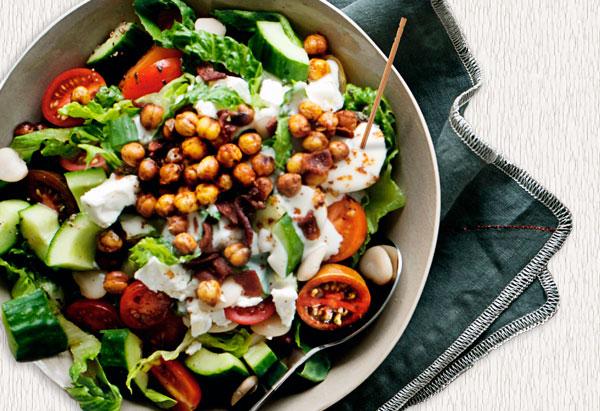Many parents and teachers believe that milk is a healthy kindergartener snack but this may be misguided.
Milk may not be a good healthy kindergartener snack choice. While breast milk is one of the healthiest food choices around, Kindergarteners are beyond the breast feeding stage, and cow’s milk and breast milk are far from the same thing.
None the less, many people believe that giving school age children and kindergartener’s cow’s milk is a good food choice. These beliefs are reinforced by the fact that the federal government subsidizes a school milk program where most children get reduced cost milk with every school lunch. The belief that milk is a healthy kindergartener snack may be a bit misguided.
Cow’s milk contains protein, calcium and some essential vitamins but according to the Centers for Disease Control and Prevention (CDC) a diet that contains more than 24 ounces of milk products a day can lead to health problems such as iron deficiency anemia and low blood ferritin levels. The CDC recommends that other calcium, vitamin and protein sources are a better way to get these nutrients.
Blood ferritin is a measurement of how much stored iron is in your body. The CDC believes that when children consume too much milk, they fail to eat other foods such as meat, iron fortified cereals, and other iron rich foods and this causes ferritin levels to decrease. Decreased ferritin levels have not only been linked to iron deficiency anemia but have also been found to contribute to other problems such as the Inattention of Attention Deficit Hyperactivity Disorder.
In addition, the consumption of too much milk can impair our ability to absorb the iron in foods which leads to further decreases in our body’s iron stores.
The CDC reports that eating foods that are high in Vitamin C alongside of foods that are rich in iron helps our bodies absorb the iron.
The statement from the CDC reports that, “consumption of greater than 24 oz of whole cow’s milk daily after the 1st year of life are risk factors for iron deficiency because this milk has little iron, may replace foods with higher iron content.”
The American Academy of Pediatrics reports that milk allergies are common among children and that a diet that is high in milk products can cause multiple health problems in children who are milk sensitive.
Most children like snacks such as cheese sticks, skim milk and yogurt. These milk product snacks can be healthy but too many of them can lead to iron deficiency anemia. When choosing a healthy kindergartener snack for your child, take into account that milk and milk products should not be a major component of your child’s diet.
Milk product snacks are not as healthy a kindergartener snack as you once imagined and parents and teachers should limit milk based snacks to no more than 3 servings a day. The healthiest Kindergartener snacks contain vegetable proteins and vitamin and mineral rich foods such as fortified cereals, fruits and vegetables. We should devote most of our energy and time on feeding our children these types of healthy snacks.
